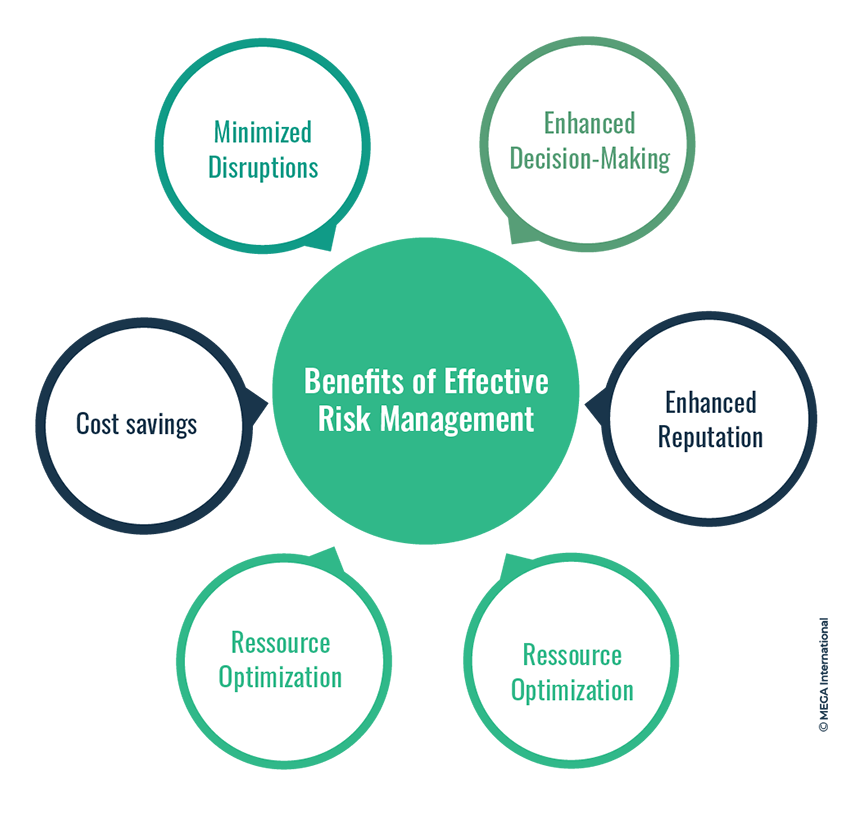Navigating the Challenges: Understanding the Importance of Risk Management
Navigating the Challenges: Understanding the Importance of Risk Management
Blog Article
The Significance of Comprehending the Relevance of Risk Management in Different Industries

The Core Idea of Risk Management and Its Function
Risk Management, the keystone of many markets, depends upon the identification, evaluation, and reduction of unpredictabilities in a company setting. It is an important method that allows companies to guard their assets, reputation, and overall survival. By properly recognizing potential risks, organizations can establish approaches to either prevent these risks from occurring or decrease their impact. The analysis procedure entails analyzing the chance and potential seriousness of these dangers. The mitigation process involves developing techniques to reduce their possible impact when dangers have actually been recognized and assessed. This process is recurring and intermittent, making sure that companies are prepared for the ever-changing nature of Risk in different markets. The main purpose, thus, is to foster durability amidst unpredictabilities.
Advantages of Executing Risk Management in Organization Workflow

Introducing the Duty of Risk Management in Different Industries
While every market faces its unique collection of dangers, the implementation of Risk Management strategies remains a typical denominator in their pursuit of sustainability and development. In the medical care field, Risk Management requires making certain person safety and security and information protection, while in financing, it entails mitigating financial investment dangers and making certain regulative compliance. Ultimately, the duty of Risk Management throughout industries is to determine, examine, and minimize risks.
Real-life Study Demonstrating Successful Risk Management
To comprehend the relevance of Risk Management in these lots of industries, one can look to numerous real-life instances that show the successful application of these actions. For example, in the power industry, British Oil created Risk reduction prepares post the 2010 Gulf of Mexico oil spill. They carried out better security treatments and stricter policies which dramatically decreased additional mishaps. In financing, Goldman Sachs successfully browsed the 2008 financial situation by determining prospective mortgage-backed securities threats early. Toyota, publish the 2011 quake in Japan, revised its supply chain Management to reduce interruption risks. These cases demonstrate how sectors, gaining from situations, efficiently applied Risk Management techniques to lower future risks.
Future Trends and Growths in Risk Management Methods
Cybersecurity, once an outer concern, has actually catapulted to the center of Risk Management, with techniques focusing on prevention, reaction, and discovery. The combination of ESG (Environmental, Social, Governance) variables into Risk Management is another growing more trend, mirroring the boosting recognition of the duty that environmental and social threats play in service sustainability. Thus, the future of Risk Management lies in the combination of advanced innovation, have a peek at this site cutting-edge techniques, and an all natural method.
Conclusion
In verdict, comprehending the importance of Risk Management across a spectrum of sectors is critical for their long life and prosperity. Customized methods can assist alleviate possible risks, secure possessions, and foster stakeholder depend on. Additionally, proactive decision-making help in regulatory conformity and enhances source use. Inevitably, successful Risk Management contributes to more lasting and resilient businesses, highlighting the importance of this technique in today's extremely affordable and dynamic service environment.
While every industry confronts its one-of-a-kind collection of threats, the execution of Risk Management strategies stays a common denominator in their quest of sustainability and growth. In the medical care market, Risk Management involves ensuring person safety and data protection, while in finance, it entails mitigating financial investment threats and making sure regulative conformity. Ultimately, the function of Risk Management across industries is to determine, evaluate, and alleviate dangers. These cases demonstrate exactly how industries, finding out from crises, properly used Risk Management strategies to minimize future threats.

Report this page